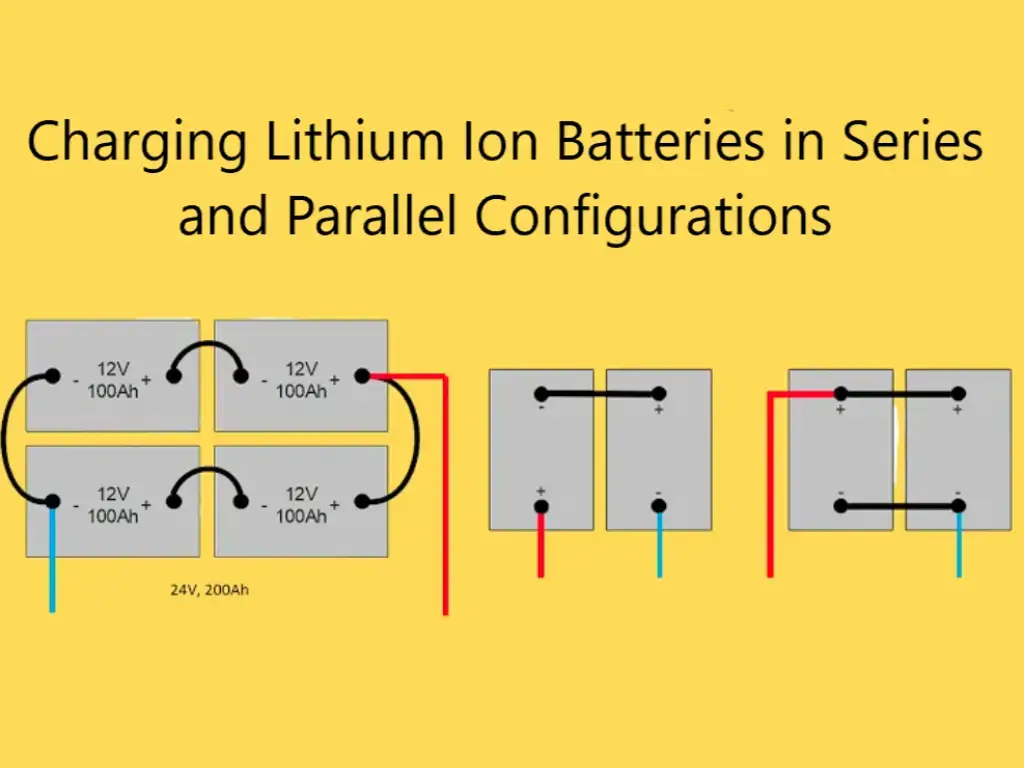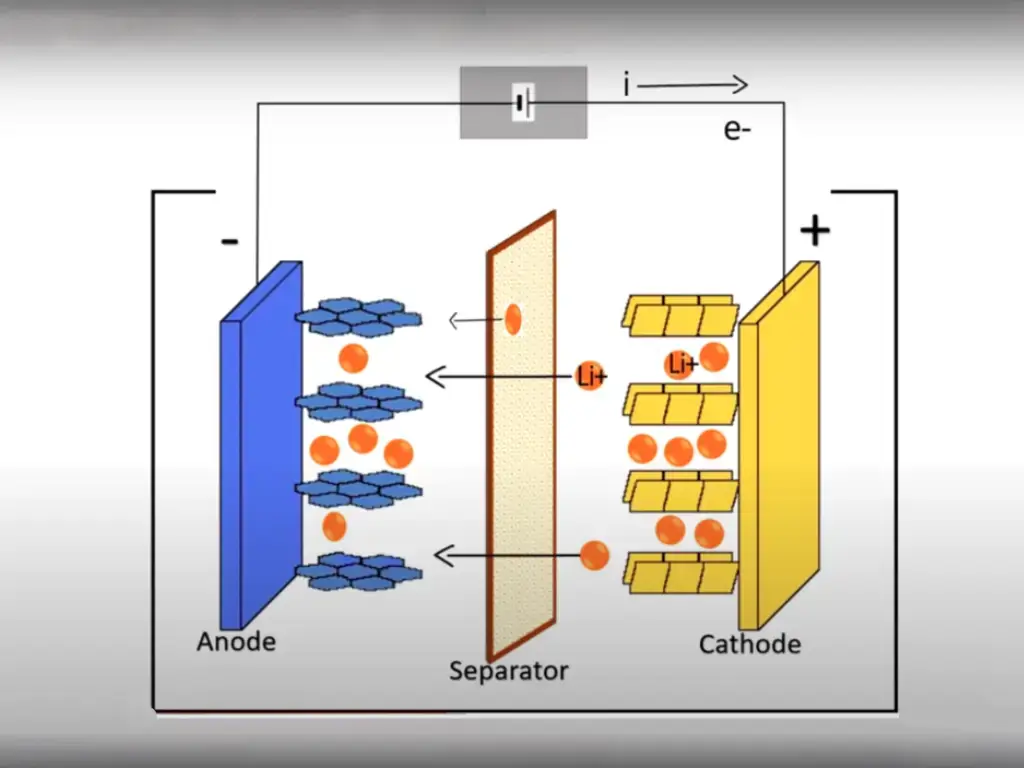Are you bothered by power outages on stormy nights, or are you struggling with high electricity bills during peak hours, then I think you should have a solar system with battery storage.

What can a solar system do for me!
1.Power is available 24/7, and if you use the utility grid, you may have to pay more for peak electricity usage. If your power company has time constraints on electricity usage, such as evening rush hour is much more expensive than day time, a solar energy storage system will save you even more money.
2.For better monitoring, a solar-plus-storage system can help you monitor and track the energy produced by the system.
3.Energy self-sufficiency, having solar power can bring you closer to an “off-grid” state. Having more battery storage means you won’t have to pay more for utility power. You can have your house still lit at night around the perimeter of a nearby power outage.
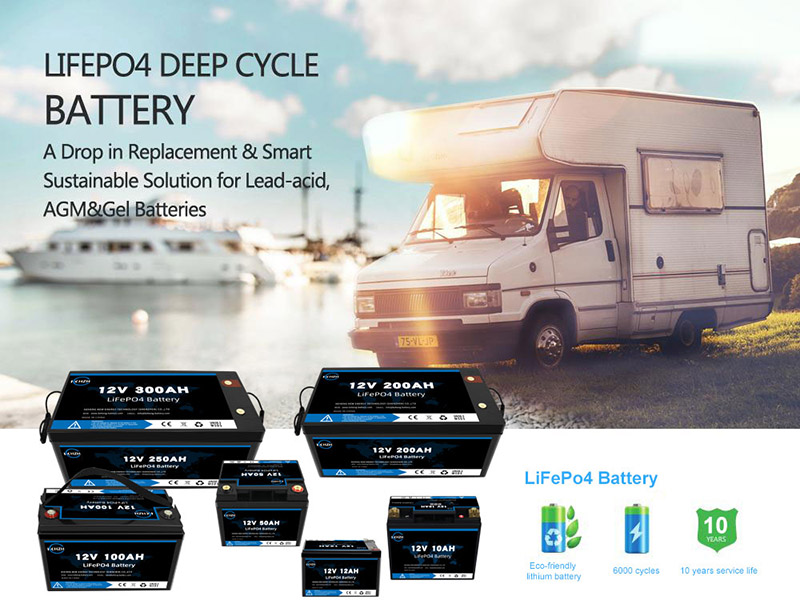
Why do so many people use lithium-ion batteries?
- Lithium-ion batteries have been the focus of development by major battery manufacturers in recent years, and they have a more environmentally friendly development prospect and a longer service life. It has the advantage of higher energy density and no toxic emissions.
- High energy density means that lithium-ion batteries have more capacity storage space. It lasts longer and takes up less space than traditional deep cycle lead-acid batteries. This makes it possible to fit the battery in a limited home or garage.
- More environmentally friendly development prospects and smarter lithium battery technology can help us better monitor battery usage through software and make battery usage safer.
How does solar energy work?
When you use solar energy, sunlight passes through solar panels installed on the roof to convert the collected energy into electricity. However, this direct current needs to be converted into alternating current for domestic use by an inverter.
Most homes are connected to the local grid using a solar panel system, which means this excess energy is fed back to the public grid, and you can earn extra energy credits if your utility has a net metering program.
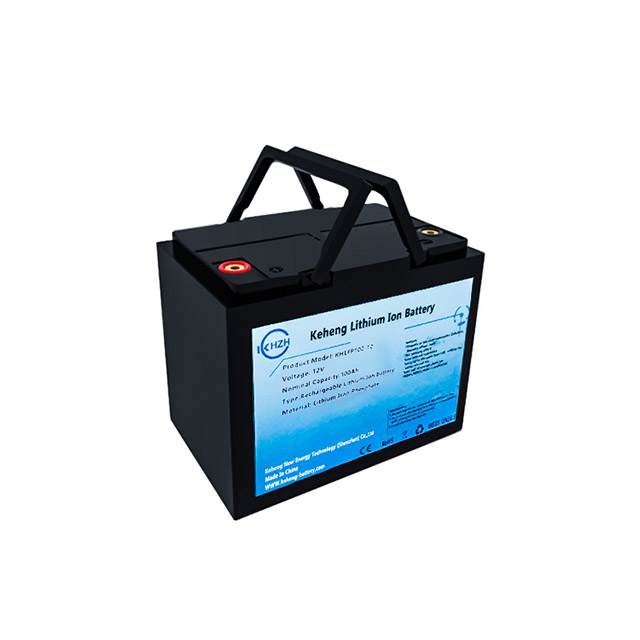
Do you need to buy a solar battery pack?
The question depends on whether you can use 1:1 net metering where you live. Every kilowatt hour of excess solar energy you export to the public grid for the day will be credited one-to-one, which means you won’t have to pay electricity bills if you’re using a solar system that perfectly covers your entire electricity usage. Because net metering allows you to use the grid as a battery pack.
How to choose the best solar battery pack for your home?
If you can’t meet the above conditions, you may need to purchase a solar battery pack, which can help you convert excess unused power into a battery pack for later use. This is a major purchase of solar arrays in areas with fragile infrastructure due to a variety of extreme weather conditions.
Here are a few things you might need to know about solar Battery!
battery capacity
This is the total amount of electricity the battery can store (kilowatt-hours kWh). Most solar cells are modular (or stackable), which means that you can pool energy from multiple batteries.
rated power
The power rating tells you how much power (kilowatts kW) the battery can supply at any given moment, we need to pay attention to the difference between peak power rating and continuous power rating:
- Peak power refers to the maximum amount of power that can be provided at any one time
- Continuous power refers to the power that the battery can provide over a duration of time. We find the continuous power rating to be the more important figure.
Power and capacity determine how long you can use it. If your battery has a high capacity and low power, the battery can provide you with a small amount of power for a long time. The opposite is true.
depth of discharge
A higher DoD means you will be able to utilize more of the total capacity of the energy storage system. This refers to the charge level that the battery must maintain at all times, and is determined by the chemistry of different batteries.
round-trip efficiency
That is the energy that can be used by the input battery energy. Can be referred to as the ratio of the energy required to charge the battery to the energy available during discharge.
According to the U.S. Energy Information Association, the industry average round-trip efficiency of solar batteries sits around 80%, meaning that 20% of the energy fed to your battery by your solar panels is lost in the process. So we want this value to be as high as possible.
Price and Warranty
Price is the big issue you have to face when investing in solar equipment. But you need to know that you are pursuing the maximization of value, so you should choose the cost of the battery purchased to maximize the practicality.
Matching the price is the after-sale warranty. Most solar cells are guaranteed a certain number of cycles and years of use. All you need to do is weigh whether you can maximize the overall value of what you are buying.
Lithium-ion batteries are more suitable for the solar industry than other batteries
Lithium-ion batteries were developed for electric vehicle (EV) batteries, and the solar industry quickly realized its potential for home energy storage. Lithium-ion batteries are attractive due to their density, high DoD and long life. (Lithium iron phosphate battery is a type of lithium ion technology)
Solar battery pack recommendation
10KWH LiFePO4 Powerwall For Home Energy Storage System
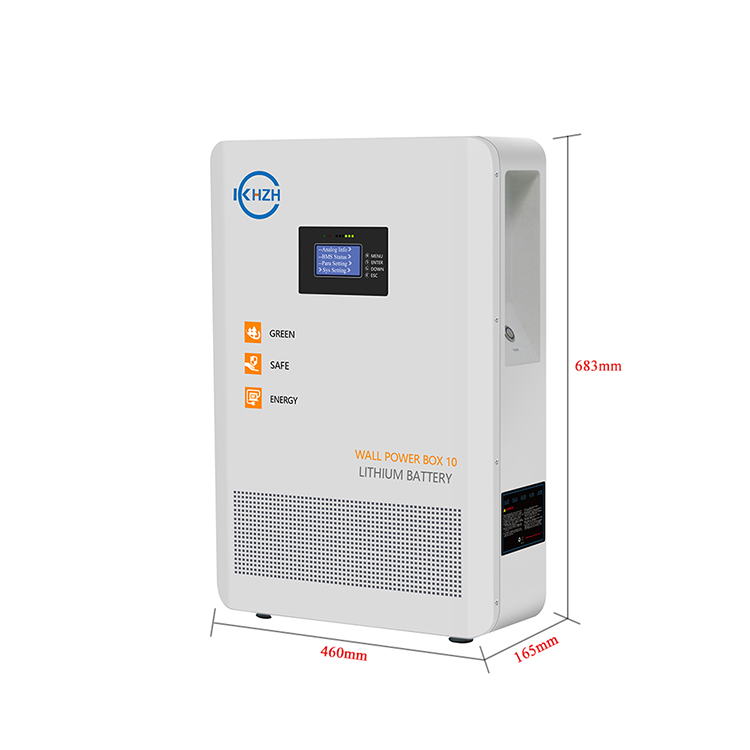
Crafted out of Lithium Iron Phosphate (LiFePO4) technology, this is a battery built to last. With 3,000+ recharge cycles (and up to 7,000 under ideal charging conditions,50%DOD) the 10KWH LiFePO4 Powerwall provides 5 X the lifespan than your typical SLA battery. Built-in self-heating system, Built-in smart BMS, which can realize real-time monitoring the battery, Compatible with inverters of multiple brands, which can support 16 units parallel connection.
If you have anything about our battery packs, you can click to view the details
Can I get a rebate on the purchase of solar energy?
This needs to be determined based on whether you have specific rebates for solar cells locally, and if part of the cost will be funded by some form of tax rebate or tax credit, then buying solar cells is obviously more attractive. If you’re buying a battery pack to store solar energy, you can claim the 26% federal solar tax credit.

